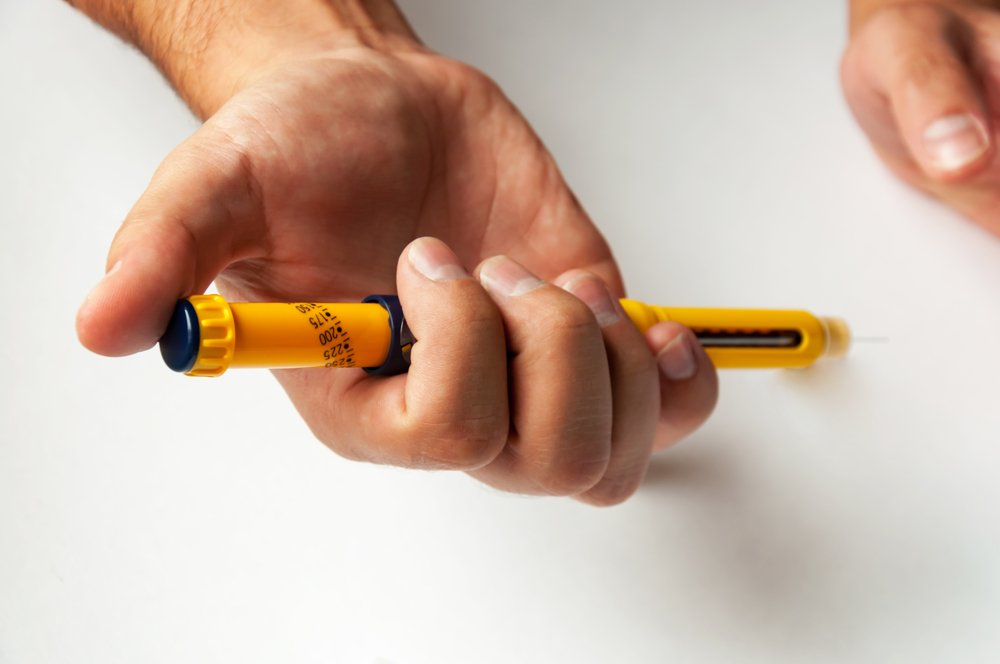Autoinjector for At-home Use of Benlysta Favored by Lupus Patients in Small Study

Patients with systemic lupus erythematosus (SLE) report high levels of satisfaction when Benlysta (belimumab) therapy was self-administered using an autoinjector, a small study reports.
The study, “Patient Evaluation of Satisfaction and Outcomes with an Autoinjector for Self-Administration of Subcutaneous Belimumab in Patients with Systemic Lupus Erythematosus,” was published in the journal Patient.
Benlysta, by GSK, is a fully humanized monoclonal antibody targeting the B-lymphocyte stimulator, and has been approved by both the U.S. Food and Drug Administration and the European Medicines Agency for the treatment of adult, autoantibody-positive lupus patients.
Benlysta is administered intravenously, i.e., directly into blood circulation, and requires patients to visit a clinic or infusion center every four weeks.
“A study evaluating satisfaction with belimumab and SLE treatment indicated that >50% of patients receiving intravenous belimumab would prefer to self-administer their treatment at home,” the authors wrote.
While intravenous administration of Benlysta can only be performed in a clinic, an autoinjector device and prefilled syringe was developed to enable self-administration of Benlysta subcutaneously, or under the skin.
The researchers evaluated this self-administering system in SLE patients, looking particularly to patients’ satisfaction, ease and convenience of use, and confidence with the device.
Their study enrolled people from a Phase 2b trial (NCT02124798), in which patients who were receiving the Benlysta, either intravenous or subcutaneously at a clinic, were switched to eight weekly self-administered doses of subcutaneous Benlysta using the autoinjector. Their experience was assessed using online/paper questionnaire and qualitative telephone interviews.
In total, 43 patients receiving Benlysta completed the questionnaire, with 21 of them agreeing to a follow-up telephone interview. Seventeen out of the 21 patients interviewed (81%) were satisfied with the autoinjcetor, and all participants recognised autoinjector convenience.
Seventy-six percent of the patients who switched from intravenous Benlysta to the autoinjector said they preferred the autoinjector over intravenous administration, due to its convenience, time saved, cost, and reduced injection pain.
Around 40 percent of those who filled the questionnaire reported improvements in symptoms using the autoinjector compared to intravenous administration.
Those who underwent telephone interviews also reported improvements in symptoms, with 24 percent reporting a decrease in symptom severity. Compared to intravenous administration, the autoinjector also improved patients’ ability to work and carry out daily activities. The most commonly reported disadvantage of the autoinjector was injection discomfort.
Overall, “patients with SLE reported high levels of satisfaction with the belimumab autoinjector and preferred the autoinjector to intravenous administration, citing advantages such as time saved, cost, and improved ability to work and carry out daily activities,” the study concluded.





